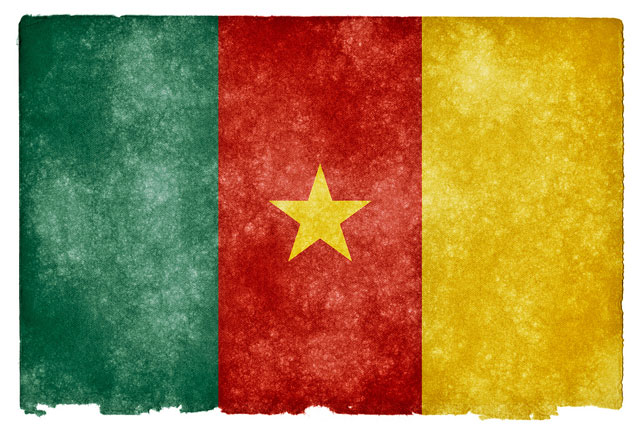 Cameroon has offered mobile operator Viettel a year’s monopoly on the operation of the country’s first 3G network. But Viettel is no ordinary operator. It’s owned by the Vietnamese government and operated by its ministry of defence.
Cameroon has offered mobile operator Viettel a year’s monopoly on the operation of the country’s first 3G network. But Viettel is no ordinary operator. It’s owned by the Vietnamese government and operated by its ministry of defence.
Readers will recall I wrote about the wholesale network and landing station monopoly enjoyed by the incumbent telecommunications operator Camtel, which has ensured that the country has among the highest international and national network prices on the continent. The Government and regulator have moved in lock-step to prevent others from entering the market.
In mid-April, Cameroonian weekly Insights reported that Viettel had sent a letter to president Paul Biya about its monopoly. The monopoly period is supposed to end in December 2014. But Viettel has failed to launch a network (having twice postponed) and wants its monopoly to run from the date of the network launch, which would push the date out to 2016.
The granting of a monopoly in the first place would not have ensured a competitive market with fairer prices and higher quality. But to push out the monopoly to the end of 2016 has a number of disastrous consequences for the development of Cameroon’s mobile data market and, by extension, the development of the country itself.
While Viettel has a 3G monopoly, the two other mobile operators, MTN and Orange, will be unable to implement 3G, which both could do fairly quickly. MTN has indicated that it will invest 600bn Cameroonian francs in the country if granted a 3G licence. Unsurprisingly, MTN is unhappy with the data monopoly as it gives a competitor an unfair advantage.
Worse still, it means that a complete implementation of 3G by all operators will not happen until 2017 on the basis of the monopoly period asked for by Veittel. This will have the knock-on effect of placing Cameroon at the back of the queue for implementing 4G/LTE technology. All operators will want to get a return on their 3G investment, which means LTE may not be considered until 2019 or 2020.

Further complications are added to this already messy picture by the fact that both of the operators already running networks have licences that expire soon: Orange’s expires in July 2014, while MTN’s is up in February 2015. And while all of this is going on, none of the independent Internet service providers will be allowed anywhere near 4G/LTE spectrum of the kind that has been made available to ISPs in more competitive African countries, including Nigeria, Tanzania and Uganda.
Logically, it would make more sense for Cameroon to leapfrog straight to LTE. But logic has not been Cameroon’s strong point. So it is now stuck in a dead end that will ensure it has little or no chance of catching up with faster-moving African countries (already implementing 4G/LTE) until the end of the decade.
- Russell Southwood is head of Balancing Act Africa




